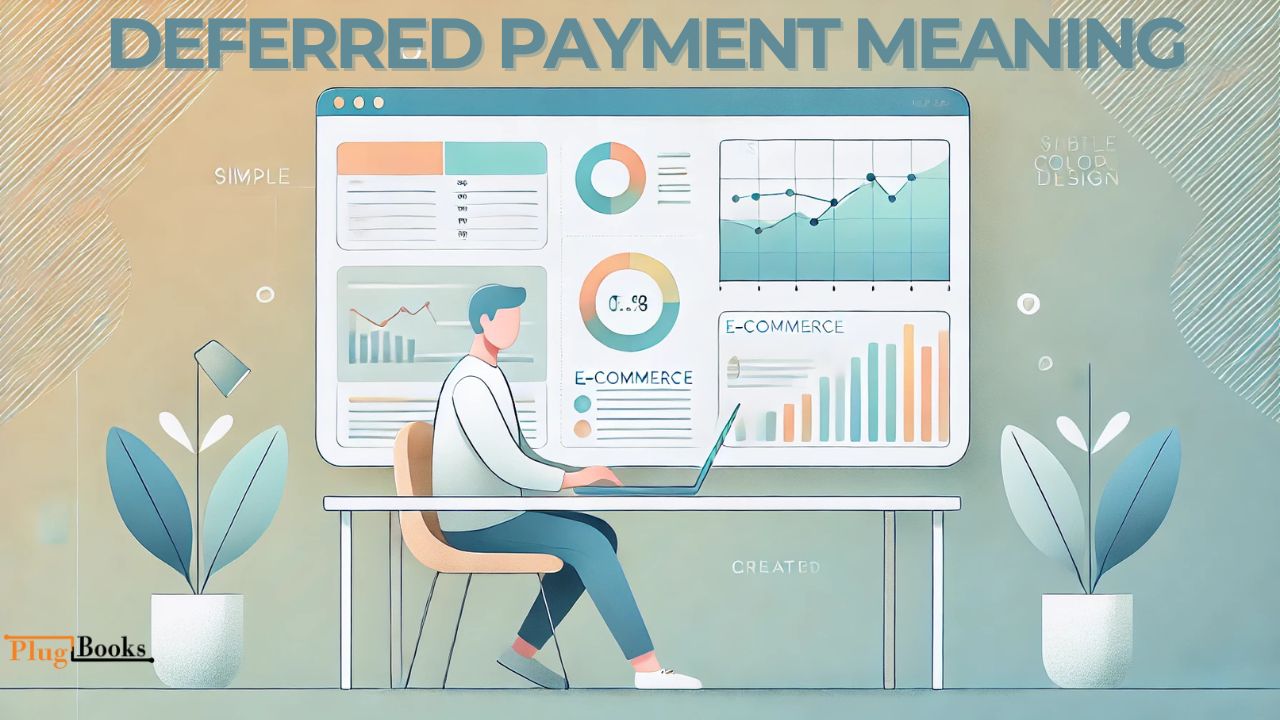Have you heard of postponed payment terms? Simply put, deferred payment means buying now and paying later. The deferred payment meaning is when you agree to pay for goods or services at a future date instead of immediately.
Retail, loans, commercial transactions, and even Amazon’s platform employ this financial model extensively. Still, is postponing payments always a wise idea? Let me dissect it for you.
Deferred Payment Meaning: A Simple Explanation
Deferred Payment Meaning refers to a delayed payment, where the purchase of goods or services is postponed to a later date rather than being paid upfront. This arrangement often involves agreements between companies and consumers, and may include interest or specific payment schedules.
Deferred Payment Meaning is when payment is delayed for goods or services. It offers flexibility but requires careful management. Many online businesses, like those with “Buy Now, Pay Later” options, and even large sites like Amazon, use postponed transactions. PlugBooks syncs sales and fees with QuickBooks and Xero for accurate cash flow management.
What Does Payment Deferred Mean in Different Scenarios?
Following are a few typical instances of payment deferral:
- Retail and E-commerce: Online businesses and platforms provide delayed payment choices to increase accessibility of transactions.
- Loans and mortgages let borrowers ask for delayed payments to help with financial load.
- Many students wait on loan payments until after graduation.
- Companies employ deferred payment arrangements to increase cash flow.
Knowing what postponed payment entails in various contexts helps you choose when it might be best for you.
Amazon’s Deferred Transaction Report and Policy
Should you sell on Amazon or participate in its affiliate program, you may see postponed transactions in your records. The Deferred Transaction Policy of Amazon describes how it manages refunds, chargebacks, or pending verifications-induced delayed payments.
Amazon Deferred Transaction Report
Amazon records delayed payments in its Order Reports under postponed transactions. This report enables affiliates and sellers of unsettled sums to properly handle their earnings.
Why Review the Amazon Deferred Transaction Report?
- It lets vendors monitor still outstanding payments.
- It records refunds, chargebacks, and delayed transactions.
- It makes clear when postponed payments will be paid off.
Ignoring postponed transactions—that is, canceled purchases or disputed payments—that won’t be executed is crucial, though.

How Does Deferred Payment Work?
1. Agreement Between Parties
Regarding the postponed payment terms—including due dates, possible interest, and installment schedules—both the buyer and the seller agree.
2. Payment Postponement
The customer waits paying a complete payment upfront or pays in planned installments rather than right once.
3. Interest & Fees (If Applicable)
For credit-based purchases in particular, several deferred payment schedules incorporate interest or service costs. Before consenting to postpone payments, always review the terms.
4. Tracking Deferred Transactions Efficiently
Deferred Payment Meaning is when payment for goods or services is delayed. While it offers flexibility, it requires careful management to avoid credit issues. Monitoring deferred payments can be tough for online retailers, but PlugBooks syncs sales, refunds, and Amazon fees with QuickBooks and Xero, ensuring accurate records and easy cash flow management.

Pros & Cons of Deferring Payments
Advantages of delayed payments
- Increases Cash Flow: By delaying payments, one may help to control their money.
- Enables Larger Purchases: Makes pricey things more reasonably priced over time, therefore enabling larger purchases.
- Provides financial flexibility: Have breathing room during difficult times.
Negative Effects of Delaying Payments
- Potential Interest & Fees: A few programs call for additional fees.
- Risk of Debt Accumulation: Delaying payments might cause financial difficulty down the road.
- Credit Score Impact: Missing postponed payment dates might negatively affect your credit score.
When Should You Consider a Deferred Payment?
- During Temporary Financial Difficulties: Deferring payments might help with unforeseen costs.
- Regarding Interest-Free Payment Strategies: A few stores and banks provide 0% interest delayed payment schemes.
- For business cash flow management: Companies often keep liquidity by means of delayed payment arrangements.
Always review the conditions and make sure you can satisfy upcoming responsibilities before deciding on a postponed payment.
Final Thoughts:
Deferred Payment Meaning refers to delaying payment for goods or services to a later date instead of paying upfront. While it offers flexibility, it requires careful management to avoid credit issues or unnecessary costs.
Tracking delayed transactions is simpler for e-commerce companies with PlugBooks, which automatically books using Xero, QuickBooks, and Amazon in unison. This lets sellers easily control cash flow and keep correct financial records.




